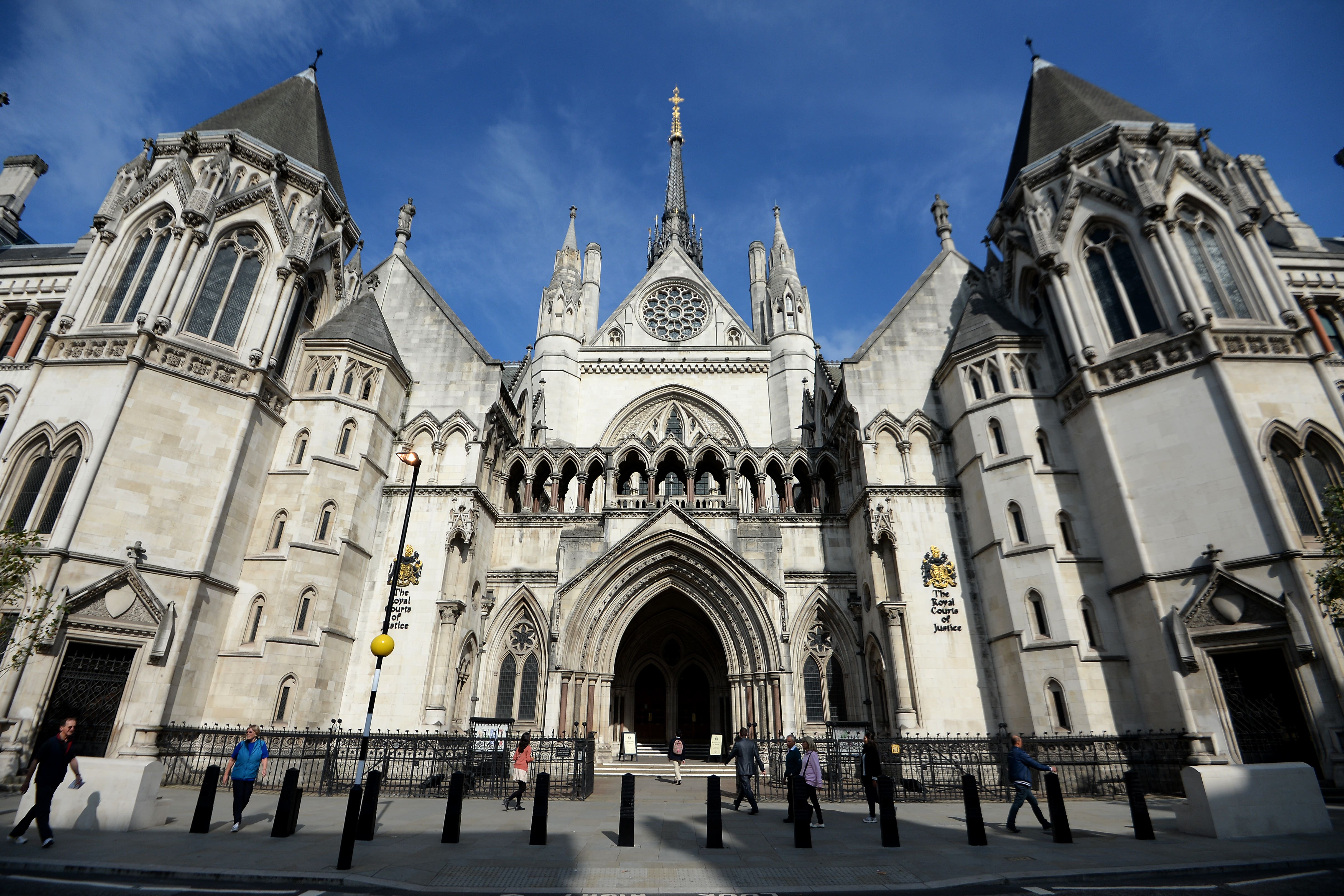Dozens of divorces wrongly approved due to online system error, High Court told
Ninety-six divorce applications were submitted a day before the law allows them to be approved, but 79 were granted final divorce orders.

Your support helps us to tell the story
From reproductive rights to climate change to Big Tech, The Independent is on the ground when the story is developing. Whether it's investigating the financials of Elon Musk's pro-Trump PAC or producing our latest documentary, 'The A Word', which shines a light on the American women fighting for reproductive rights, we know how important it is to parse out the facts from the messaging.
At such a critical moment in US history, we need reporters on the ground. Your donation allows us to keep sending journalists to speak to both sides of the story.
The Independent is trusted by Americans across the entire political spectrum. And unlike many other quality news outlets, we choose not to lock Americans out of our reporting and analysis with paywalls. We believe quality journalism should be available to everyone, paid for by those who can afford it.
Your support makes all the difference.Dozens of divorce applications submitted a day before the law allows were wrongly approved due to a computer error, the High Court has been told.
A hearing was told that 79 divorces were approved incorrectly after an online system failed to detect that they were submitted exactly a year after marriage when the law only allows divorces from a year and a day.
Lawyers for the Lord Chancellor are asking the court to rule that the divorce orders are “voidable, as opposed to void”, meaning they would still stand, claiming that voiding the orders would have “significant legal and practical consequences”.
In court on Wednesday, Sir James Eadie KC said that if the divorces are deemed void, the “consequences for the 79 are obvious and serious”, including financial and religious issues, and problems around children and domestic abuse.
None of the divorcees appeared at the hearing in London and were not represented.
In written submissions, Sir James said: “The undoing of final divorce orders has the consequence that separated couples who were, and thought they were, divorced will be held to still be married.
“That has significant legal and practical consequences.
“For the couples concerned, those consequences are likely to be both highly unfortunate and highly unwelcome.”
Several respondents have expressed significant distress in relation to the possibility that they may not be legally divorced from their former partner
He continued: “If the court finds the divorce orders are void, this would have a significant impact on those respondents who have either re-married or have financial orders resulting from those affected divorces.”
He added: “Several respondents have expressed significant distress in relation to the possibility that they may not be legally divorced from their former partner.”
The court was told that, between April 6 2022 and April 30 2024, 96 divorce applications were made by both divorcees and solicitors on the first anniversary of marriage, with a final divorce order granted in 79 cases.
Two cases were spotted before an order was issued, with the rest remaining “in the system”.
Some of the divorcees have since remarried, or are planning to, the court heard.
Sir James said the error in the “validation system” of the online portal – which was introduced in April 2022 – was not picked up by court staff and was not the fault of the divorcees, adding: “If there was a flaw, it was a genuine system flaw.”
But he said the error was “of a minor kind” and that the cases met all other criteria for divorce.
The law currently bars couples from divorcing until a year and a day after marriage, which Sir James said aims to “provide a period requiring newly married couples to work at adjusting to married life”.
While he said this is “undoubtedly valuable for that purpose”, Parliament has not set out “the consequences of not complying” with the rule, and “still less not complying with it by a single day”.
He said voiding divorces approved a day early was not what Parliament “wanted or intended” when it enforced the year-and-a-day rule.
Sir Andrew McFarlane and Judge Lynn Roberts will give their judgment in writing at a later date.